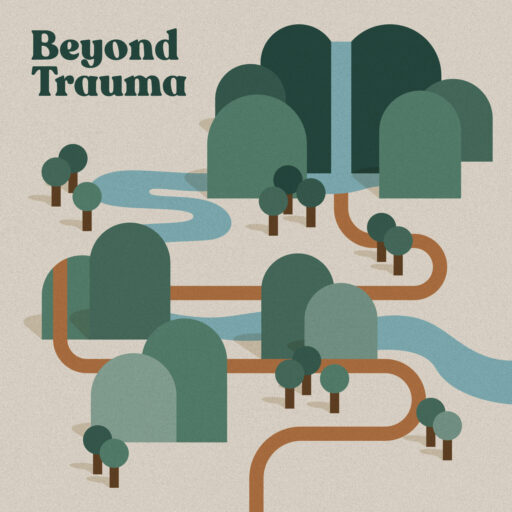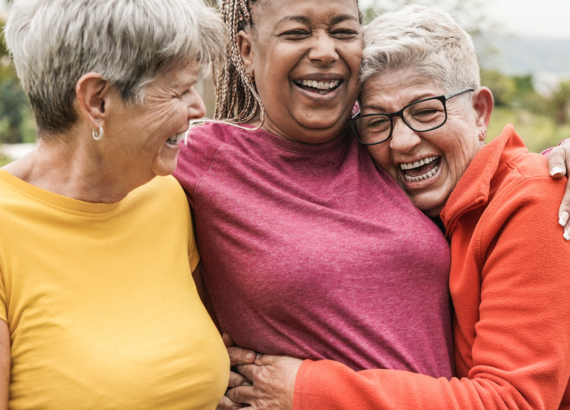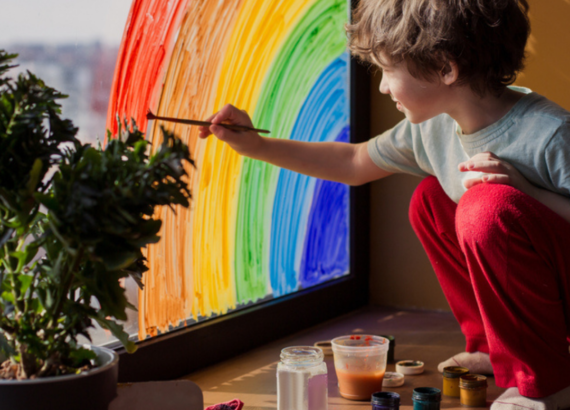Episode 28: Attunement (RUAC)

(4:23) “Once we’re able to recognize, hold a posture of curiosity and seeking more understanding and trying to explore where this comes from, then we want to offer attunement.”
- Often the process of RUAC is lumped together
- When reflecting on past events, our attention is often on our and other’s reactions
- In truth, however, their reaction depended on how they were experiencing the environment
- Additionally, every past similar experience shapes the behavior
- Notably, when the processes are separated, our reactions to events occur third
- When we’re able to talk about attunement in this way, the need to incorporate all of that information into the way that we’re responding to somebody and even to ourselves
Self Attunement
- Think of Bridger’s examples of needing water before he begins teaching (5:50) and Olivia’s need to decompress before meeting Bridger’s energy (9:28)
- Recognize the value of attuning to what you are actually experiencing, what the experience means when you look at it through your past, and how that is shaping your present behavior
- Attuning to yourself can reduce the possibility of feeling unsafe, activated, or having a too-big response
(11:16) “We have to feel settled in ourselves to be able to really move into a space of attuning well to another person.”
Attuning to Others
- Think of Bridger’s example of Ryan attunement to Bridger’s activation (23:12)
- Note, without first attuning to yourself, the resources you need to attune to others will be depleted
- Recognize your and the other’s activation
- Then, use that information to understand what that activation is about
- Finally, to the best of your ability, help the other person feel safe and seen
- Be aware of the context of what’s occurring in the environment
- The communication of attuning can occur without words



